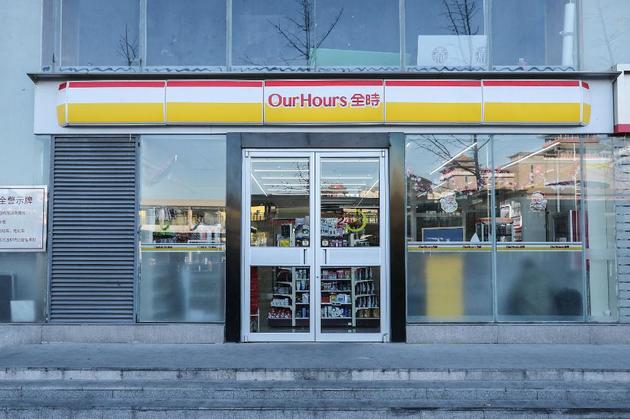
Photo/VCG
Nov. 23 (NBD) – Beijing's local convenience store brand OurHours is reported to have been assessing properties for a possible sale due to capital chain rupture.
OurHours was established in 2011, whose largest stockholder is Forise Holdings with 61 percent stake. It is noted the latter's peer-to-peer (P2P) lending platform, Haixiang Licai, fell into deep redemption crisis, impacting Forise's capital chain.
Starting from September, multiple subsidiaries of Forise were reported of lay-offs and arrear of wages. Its retailing sector was no exception: OurHours' sister brand OurHours Life closed all of its five shops, followed by its new retailing brand Earthharbor's closure and arrear of wages.
OurHours denied the reported sale and insisted the company is operating normally, according to a media interview.
Suning and Wumart Stores, two potential buyers of OurHours, have denied the takeover.
Currently OurHours owns 400 directly-operated stores in Beijing and 800 nationally.
News media JWView found that certain products are out of stock in some OurHours stores in Beijing. Several suppliers have stopped supplying OurHours due to delayed payment, it is reported.
It is noted that several convenience store brands, including Lin and 131, have closed or been sold in the past three months due to funding troubles.
In August, Lin closed all of its 168 stores overnight as its funder, P2P platform Shanlin Finance, collapsed with bank accounts frozen for suspicion of Ponzi scheme. Part of Lin's stores in Beijing have been taken over by Wumart Stores.
Later in September, 131 Convenience Store closed for good as its investor Chunxiao Capital faced capital chain rupture.
Convenience stores are facing difficulty in making profits in Chinese market.
The average net profit ratio of industry leaders like 7-11 and FamilyMart fail to reach 3 percent, according to data.
The operating cost is rising rapidly as well, mainly including rent and labor, which rose by 18 percent and 12 percent in 2018, respectively, according to a report by China Chain Store & Franchise Association.
It is much harder for convenience stores to control cost than other retailing forms, said Zhao Ping, international trade expert with Academy of China Council for the Promotion of International Trade.
Running convenience stores require robust capital chain. The shortage of capitals and inadequate profitability can easily cause large-scale closure, added Zhao.
Beverage industry observer Ma Lei holds that certain convenience store brands fell into trouble due to fast expansion without requisite capabilities of management and resources integration, or even engagement in malicious competition in a saturated market.
OurHours, for example, planned at the end of 2017 to invest 10 billion yuan (1.4 billion U.S. dollars) to establish presence in 100 cities within five years.
Zhao Ping agrees that reliable funding sources and careful choice of location are pivotal for large-scale expansion of convenience stores.
Only precise store locations, which help lower investment risk and roll in profit more quickly, combined with reliable and adequate funding, can form health circulation of capital, said Zhao.
Email: limenglin@nbd.com.cn


 川公网安备 51019002001991号
川公网安备 51019002001991号





